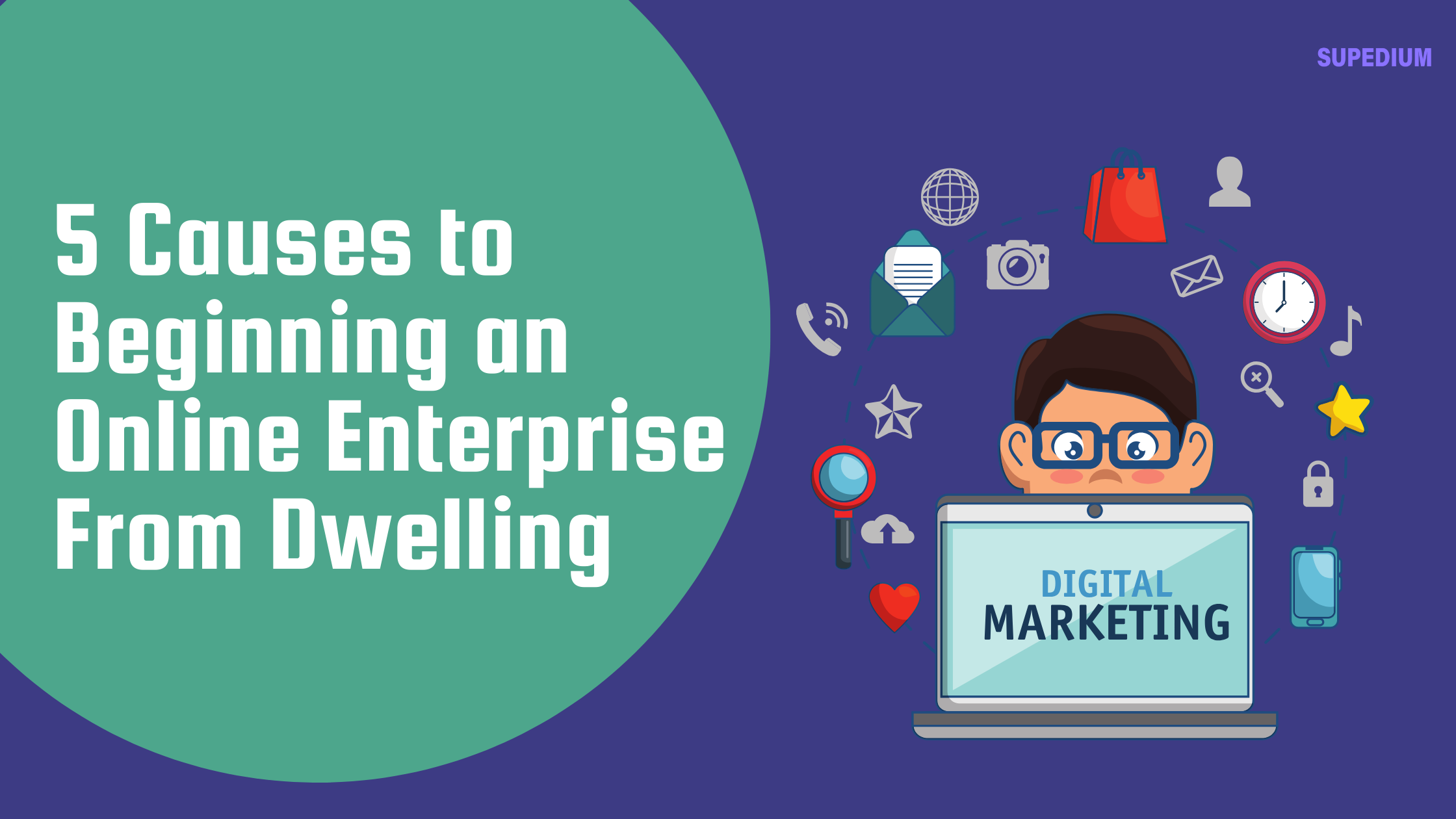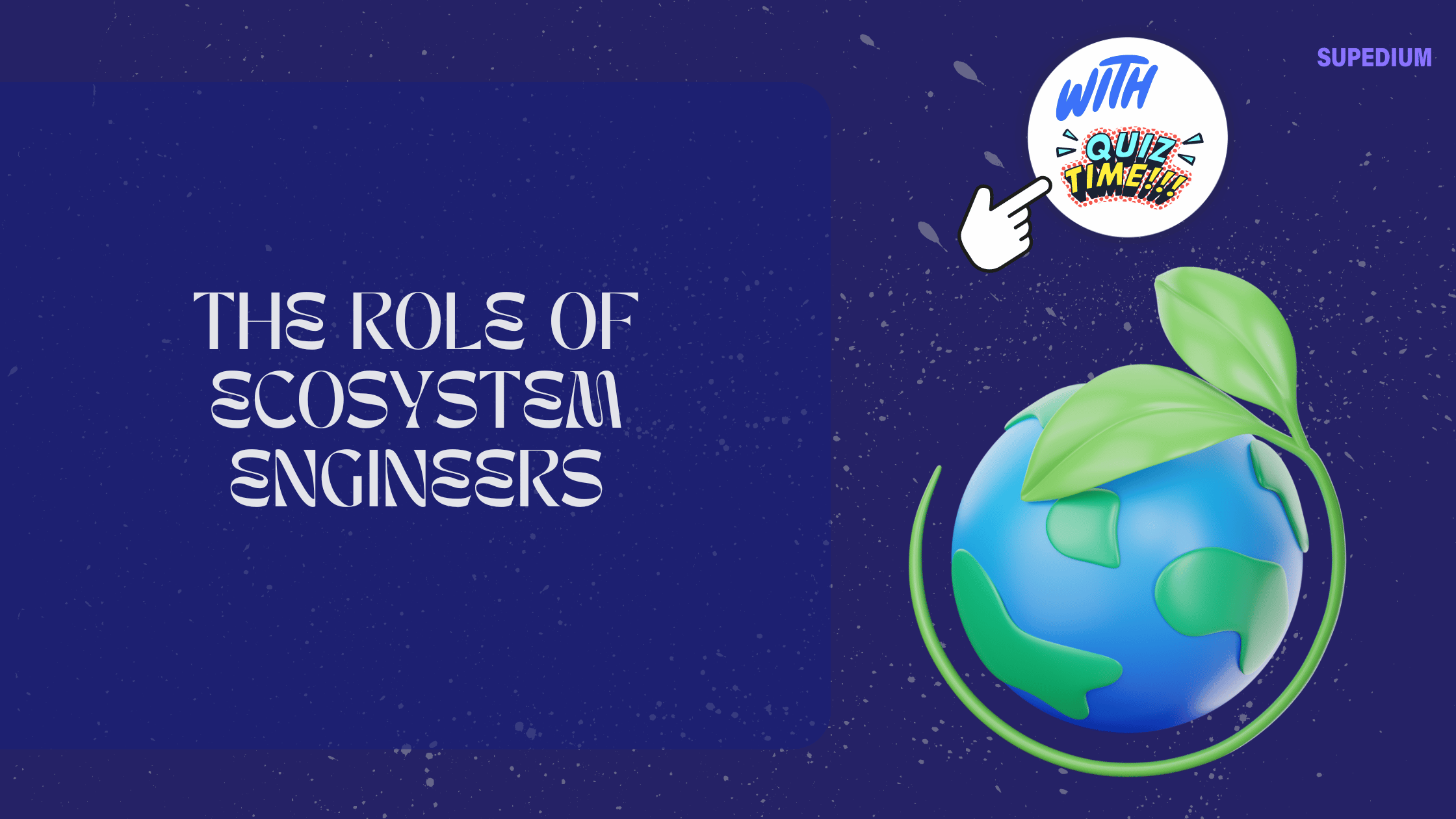Table of Contents
![]()
Introduction
Self-compassion has emerged as a vital concept in understanding mental health and emotional well-being. Defined as the practice of treating oneself with kindness and understanding during difficult times, self-compassion contrasts with self-criticism and perfectionism. This article delves into the multifaceted role of self-compassion, exploring its benefits, applications across various contexts, methods for development, and common misconceptions.
Understanding Self-Compassion
Components of Self-Compassion
Self-compassion consists of three main components:
- Self-Kindness: This involves treating oneself with care and understanding rather than harsh criticism. It means acknowledging our struggles and responding with warmth.
- Common Humanity: Recognizing that suffering and personal inadequacies are part of the shared human experience fosters a sense of connection rather than isolation.
- Mindfulness: This component entails maintaining a balanced awareness of our thoughts and feelings without over-identifying with them. Mindfulness helps us observe our experiences without judgment.
Distinction from Self-Esteem
Self-compassion differs significantly from self-esteem. While self-esteem relies on self-evaluation and often compares oneself to others, self-compassion focuses on self-acceptance. This makes self-compassion a more stable and resilient form of self-worth, as it is not contingent upon external achievements or social comparisons.
Psychological Theories Related to Self-Compassion
Psychological frameworks, particularly those established by Kristin Neff, have articulated the concept of self-compassion. Neff’s model emphasizes that self-compassion is not merely a personality trait but a set of skills that can be developed over time.
The Benefits of Self-Compassion
Emotional Benefits
Self-compassion is linked to numerous emotional advantages. Research indicates that individuals who practice self-compassion experience lower levels of anxiety and depression. By fostering emotional regulation, self-compassion enables people to cope more effectively with challenges.
Behavioral Benefits
Self-compassion enhances resilience. When faced with setbacks, self-compassionate individuals are more likely to bounce back and learn from their experiences. Furthermore, self-compassion can boost motivation; instead of engaging in negative self-talk, individuals are encouraged to pursue their goals with a constructive mindset.
Physical Health Benefits
The benefits of self-compassion extend to physical health as well. By reducing stress levels, individuals who practice self-compassion often exhibit healthier coping strategies, leading to better overall health outcomes.
Self-Compassion in Different Contexts
In the Workplace
In a professional setting, self-compassion can significantly impact employee well-being. Cultivating self-compassion can lead to reduced burnout and increased job satisfaction. Employees who practice self-compassion tend to be more productive and creative, contributing positively to workplace dynamics.
In Relationships
Self-compassion fosters empathy and understanding in interpersonal relationships. By being kinder to themselves, individuals are more likely to extend that kindness to others, resulting in reduced conflicts and enhanced communication.
In Education
In educational environments, self-compassion is crucial for supporting student mental health. Students who practice self-compassion are better equipped to handle academic stress, leading to a more positive learning experience. Additionally, self-compassion promotes a growth mindset, encouraging students to embrace challenges as opportunities for growth.
Developing Self-Compassion
Practical Exercises and Techniques
Several techniques can help individuals cultivate self-compassion:
- Mindfulness Meditation: Engaging in mindfulness practices can help individuals become more aware of their thoughts and feelings, fostering a non-judgmental attitude towards themselves.
- Self-Compassion Journaling: Writing about personal experiences, particularly challenging ones, while reflecting on self-kindness can reinforce the practice of self-compassion.
- Positive Affirmations: Regularly affirming one’s worth and capabilities can help combat self-critical thoughts.
Overcoming Barriers to Self-Compassion
Cultural influences and personal beliefs often pose barriers to self-compassion. In many societies, there is a stigma around self-kindness, with individuals believing that being harsh on themselves is necessary for improvement. Recognizing these influences is the first step in overcoming them.
Resources for Further Development
Numerous resources are available for those seeking to develop self-compassion, including books by Kristin Neff and guided workshops that offer practical tools for enhancing self-compassion skills.
Challenges and Misconceptions
Common Misconceptions about Self-Compassion
Self-compassion is often misunderstood. Many people equate it with self-indulgence or believe it may lead to complacency. However, self-compassion encourages accountability and growth, as it allows individuals to acknowledge mistakes without harsh self-judgment.
Addressing Skepticism and Resistance
To combat skepticism, evidence-based research supporting self-compassion is vital. Numerous studies have demonstrated its positive effects on mental health, resilience, and overall well-being. Personal testimonies and case studies further highlight its transformative power.
Conclusion
Self-compassion plays a crucial role in promoting mental health and emotional well-being. By cultivating self-kindness, recognizing our shared humanity, and practicing mindfulness, individuals can significantly enhance their overall quality of life. As we navigate the challenges of modern living, incorporating self-compassion into our daily practices can lead to a more fulfilling and resilient existence. Embracing self-compassion not only benefits the individual but also fosters healthier relationships and communities. Future research and practice should continue to explore and promote this essential aspect of human experience.
Share This





Be the first to comment